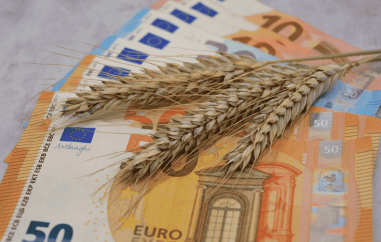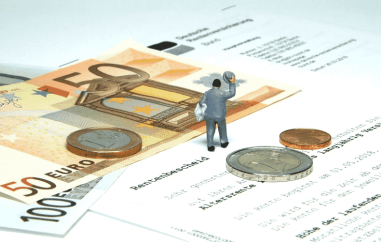French German Relations Under Strain
France and Germany, whose relationship lies at the core of the EU, have seen fraying diplomatic ties recently as policy differences between Chancellor Angela Merkel's CDU and President Francois Hollande's Socialist Party have come to the fore.
With the publication of a draft party document, Hollande's Socialists have expressed a clear and pointed criticism of Mrs. Merkel and her austerity policies. These comments, along with the by now long-simmering resentment in the EU periphery against the German position on how to revive the euro, threaten not only to weaken the French-German relationship but will also put added pressure on Mrs. Merkel and her CDU party as they head toward an election in September.
The document, published for the upcoming Socialist Party conference in June, expressed the notion that German economic policies serve the interests of Germany over and above those of its euro zone partners. The Socialists warn that the "self-interested intransigence" of Germany combined with the Thatcherism of the Conservative Party of British Prime Minister David Cameron form what they call an "unholy alliance" with France.
Specifically, it makes the claim that Mrs. Merkel's policies are geared toward ensuring the security of the savings of ordinary Germans, maintaining the German trade surplus, and favoring her success in the next election. The Socialist speaker of parliament, Claude Bartolone, recently commented: "France must be able to stand up to the European right."
The fact that this rhetoric from France's left comes at a time when other leaders in Europe are openly questioning the effectiveness of austerity in the euro zone economies-the recently elected Prime Minister of Italy has stated that fiscal rigor alone will "kill Italy"-only adds to Mrs. Merkel's difficulties. Shoring up her country's historically significant relationship with France will require delicate maneuvering on her part.
Since the signing of the Elysee Treaty in 1963, which put their relationship on new footing after centuries of rivalry and whose 50th anniversary was celebrated this past January, the two countries have maintained strong ties, though with numerous disagreements along the way.
This recent round of criticism of Germany's austerity policies is not only testing the relationship between Germany and France but it has also given fuel to Mrs. Merkel's critics within Germany. Frank Walter Steinmeier, the chairman of the SPD, the chief rival of the CDU, has said, "This could lastingly damage the German-France relationship and thereby the fundamental pillars of Europe." He added, "A chancellor who is ready to accept this does not understand her historical responsibilities."
With no end in sight to the euro crisis, German-French cooperation on matters of policy is needed now more than ever. As the EU summit in June draws near, negotiations between what has been called Europe's "odd couple" will be watched closely. Mr. Hollande has insisted that, despite the differences in their philosophies, it is one of "friendly tension", and one that is essential to the future of the euro.



































